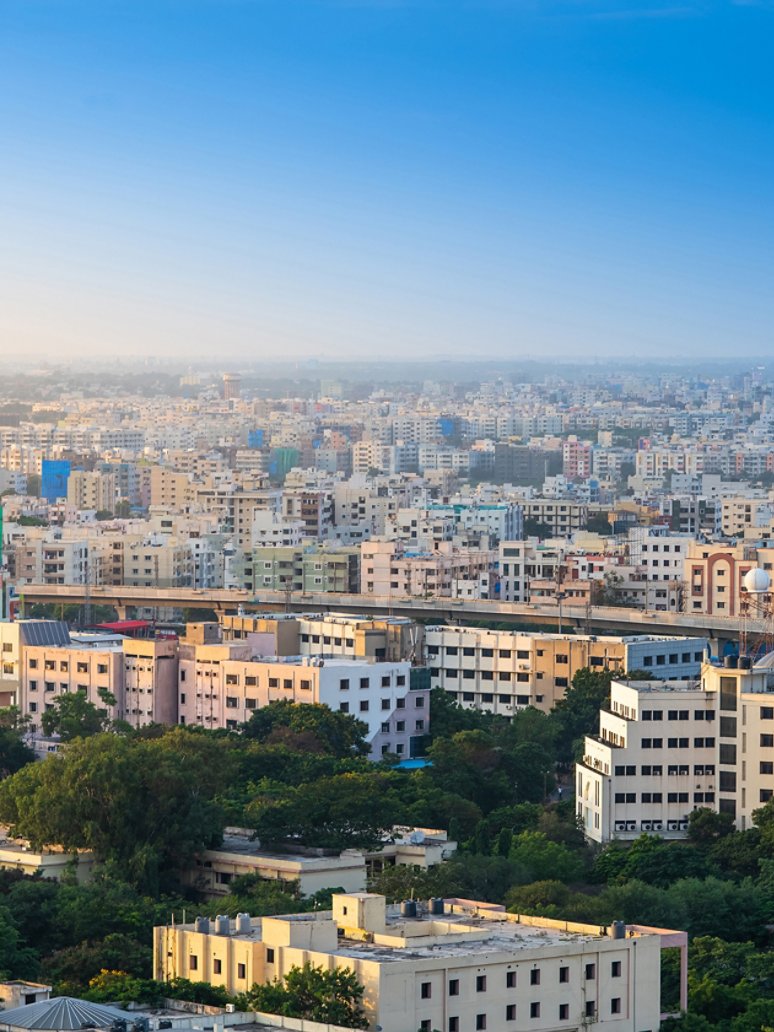
By Martin Schroeter, Chairman and CEO, Kyndryl
In this moment of economic realignment, there is a clear opportunity to rewire the global economy for better. The U.S. should look to India as a vital partner and should continue its efforts to advance its trade and technology partnership. Doing so will drive greater global economic stability.
Now that India has assumed leadership of the G20, it is an opportune time to collectively drive action that stabilizes a world that continues to wobble after a tumultuous few years.
Tectonic shifts in how commerce and data flow created singular challenges in nearly every part of the world, spurred by a life-altering pandemic, renewed geopolitical tensions, and a now-fractured network of supply chains. As the world becomes increasingly digitized — and as more people gain access to the global economy — data will remain the thread binding people together and fostering greater access and inclusion.
The ability for data to move securely and efficiently is the lifeblood of a healthy economy. And as the leader of the world’s largest IT infrastructure services company, the opportunity with India is clear. In the last several decades, the country has become one of the most sophisticated and enviable information technology hubs anywhere. After meeting with government ministers in India recently, I was struck by the government’s level of investment in the concentration of technical skillsets and initiatives to solve complex problems at scale.
For years, India has exported its technological leadership well beyond its borders. Its continued willingness to engage in thoughtful debate around the shaping of important data policies will ultimately improve regulatory transparency and bolster India’s reputation for innovation. This is a crucial and valuable trait in any global partner to the U.S. and will set the stage for using technology and data to foster economic alliance building.
It’s also proven within its own borders how technology can be deployed to extend economic access to all 1.4 billion of its citizens. India is connecting everyone to a bank account through its Unified Payments Interface (UPI) system. In doing so, it is making an effort to protect merchants, farmers, and entrepreneurs of all sizes who wish to plug their businesses into the wider digital economy. These and other digitization efforts can be replicated elsewhere to give more people access to economic opportunities and greater autonomy over their own lives.
In the next decade these investments will lead to unique business models that only India’s scale and skills base can uncover. That could include the introduction of new technologies that will pave the way for countries to make progress toward sustainability goals as the world stares down a grave climate challenge. Success stories are already surfacing around how cloud technology and AI can enhance energy efficiency. And these are technologies that are often deployed by an innovative workforce across India.
As the U.S. seeks to use its leadership to engender global unity, its warm friendship with India may prove its greatest asset. By working together at the G20, the United States and India can rewire for progress to help catalyze a more inclusive, sustainable, and digitized world economy.


